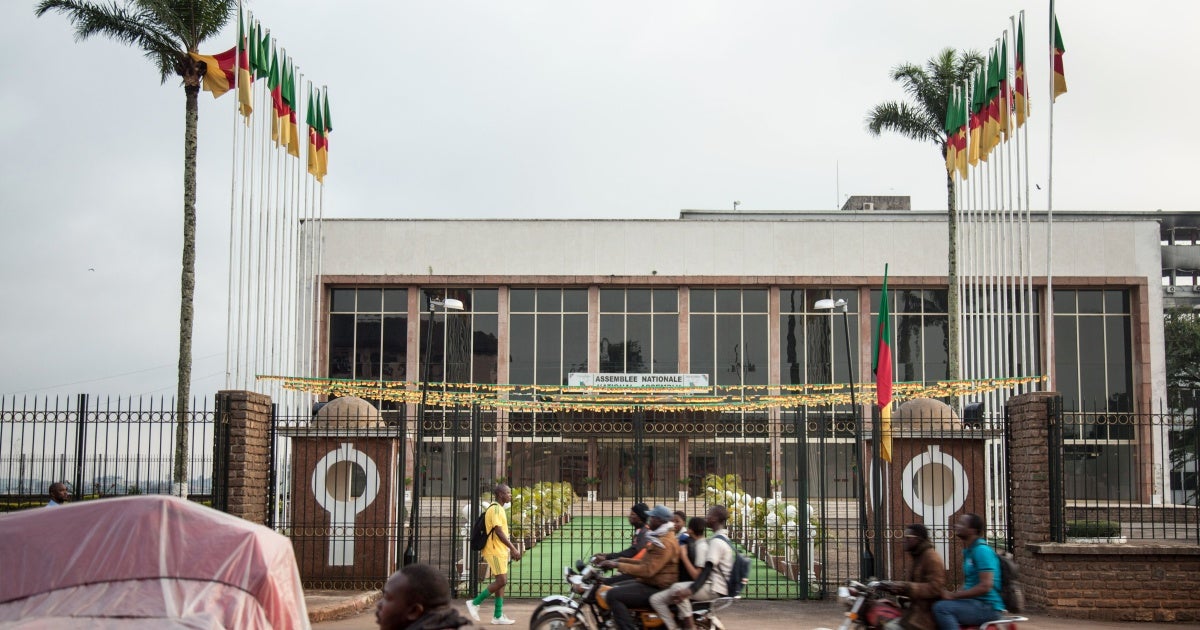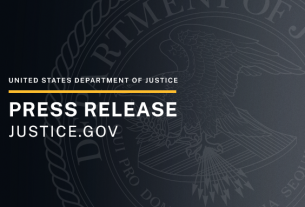Cameroon’s Constitutional Council has declared President Paul Biya, 92, the winner of the country’s October 12, 2025 presidential election, extending his rule into an unprecedented eighth term. Official results gave Biya 53.66% of the vote, while his main challenger, Issa Tchiroma Bakary, secured 35.2%. The announcement has triggered widespread protests, allegations of fraud, and international scrutiny.
Contested Results and Allegations of Fraud
Opposition groups have rejected the outcome, calling it a “masquerade” and pointing to real-time tallies shared by voters and local monitors that appeared to show a different result. Reports of ballot stuffing, intimidation, and irregular counting procedures have fueled accusations that the electoral process was manipulated in Biya’s favor.
The African Union (AU) has yet to issue a formal statement, and it remains unclear whether the election was observed by independent international monitors. Critics argue that the absence of transparent oversight has deepened mistrust in the official results.
Protests and Security Crackdown
Following the announcement, protests erupted in Douala, Yaoundé, and other cities, with demonstrators demanding credible results. Security forces responded with force, and at least four people have been killed in clashes, according to local reports. Human rights groups have warned of escalating violence if grievances are not addressed through dialogue.
Regional and International Reactions
Biya, who has ruled Cameroon since 1982, is now set to remain in power until 2032, potentially governing until the age of 99. His re-election has drawn concern across Africa and beyond, with many governments and observers watching closely to see whether the AU, the European Union, or the United Nations will call for an independent review of the vote.
Neighboring countries have so far remained cautious, though analysts warn that prolonged unrest in Cameroon could destabilize parts of Central Africa, where Biya has long been seen as a guarantor of continuity despite his authoritarian style of governance.
A Nation at a Crossroads
Cameroon faces mounting challenges, including separatist violence in its Anglophone regions, economic stagnation, and widespread youth unemployment. Opposition leaders argue that Biya’s continued rule risks deepening these crises, while his supporters insist that his experience provides stability.
For now, the country stands at a tense crossroads: a declared victory contested by the opposition, a population demanding accountability, and an international community weighing its response. Whether the situation escalates into prolonged unrest or moves toward negotiation will depend heavily on the actions of both the government and regional mediators in the coming days.
Cameroonian Parliament Picture
Sources: Al Jazeera Aljazeera; Africanews Africanews; RFI RFI; DW DW; South China Morning Post South China Morning Post.



